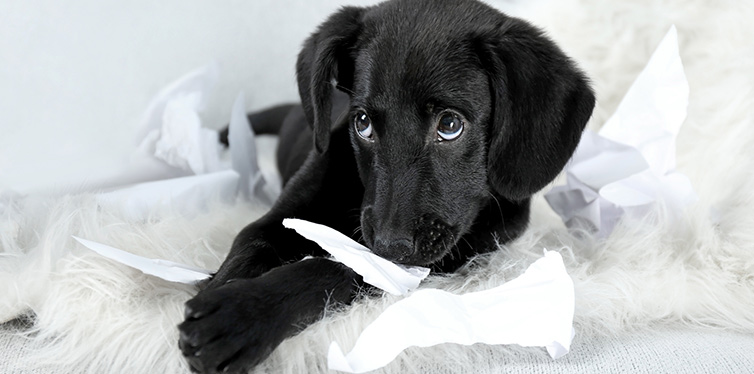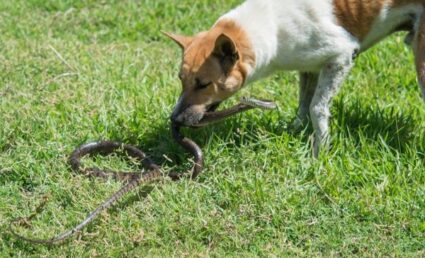Has your dog swallowed some Apoquel? Are you worried she might get sick? Then we’re glad you’re here.
Connect with a verified veterinarian in minutes. Licensed vets are available 24/7 to answer your questions. No need to worry about your furry family member.
We’ve put some information together about Apoquel, which includes this medication, how it’s used, as well as it can be harmful to dogs.
What is Apoquel?
Apoquel (also called oclacitinib) is a drug that’s used by veterinarians. This is often used to treat itchy skin in dogs. Apoquel is not an antihistamine or a steroid. Instead, this is an immune suppressant drug, which works on a dog’s itchy skin.
The way this medication works is by blocking inflammatory cytokines that are part of the itching process. This medication is short-lived, usually lasting about 12-24 hours. Do, it must be given in a daily dose.
This medication should not be given to dogs that are less than 12 months old, those who have a serious infection, and it should not be used in pregnant dogs or dogs nursing puppies.
Apoquel is considered safe for dogs but it can come with some side-effects that may not be pleasant. These include:
- Vomiting
- Diarrhea
- Loss of appetite
- Lethargy
- Long-term side effects may include:
- Blooding diarrhea
- Pneumonia
- Infections of the skin
- Infections of the urinary tract
- Benign tumors
Can Apoquel be toxic to your dog?
Apoquel & Dogs
The answer is that it depends on how much medication the dog ate, the dog’s weight, as well as his overall health.
The usual dose is 0.4mg to 0.6mg of body weight. If your dog is small and had one pill, then he may be OK. Still, it’s a good idea to call the vet. You may expect some self-limiting diarrhea, vomiting, and nausea; however, this will pass. Can take anywhere between 24-72 hours.
However, as with other medications, higher doses could cause a problem for your dog. This also applies to medium- and large-sized dogs.
So, if your dog has taken some Apoquel, then it’s probably a good idea to call the vet. They’ll know about this medication and how to treat an overdose. And remember to let them about how many pills your dog has swallowed, as well as the dosage. You might even take the bottle in with you.

Review symptoms, medications & behavior to keep your pets healthy with a Vet Online in just minutes.
Ask a Vet Live NowTreatment for Toxicity in Dogs
This information applies to all types of drug overdoes in dogs. We weren’t able to find specific information about an Apoquel overdose.
For most drug overdoses, the vet will perform an examination of your dog. The vet will check for symptoms and ask about how much medication your dog ate. They may also do some lab work.
If the vet diagnoses an overdose, he may choose to induce vomiting if the medication was recently ingested. They may also give the dog activated charcoal, which binds to the medication in the digestive tract to keep it from being absorbed into the body.
The vet may also need to treat other symptoms the dog has, which usually includes an IV. And the dog may have to spend some time in the hospital.
The good news is that dogs who receive prompt medical care go on to a full recovery.
Connect with a verified veterinarian in minutes. Licensed vets are available 24/7 to answer your questions. No need to worry about your furry family member.

Julie
Julie is a graduate of the University of North Carolina, Wilmington, where she studied Animal science. Though contrary to the opinion of her parents she was meant to study pharmacy, but she was in love with animals especially cats. Julie currently works in an animal research institute (NGO) in California and loves spending quality time with her little cat. She has the passion for making research about animals, how they survive, their way of life among others and publishes it. Julie is also happily married with two kids.
Review symptoms, medications & behavior to keep your pets healthy with a Vet Online in just minutes.
Ask a Vet Live Now




